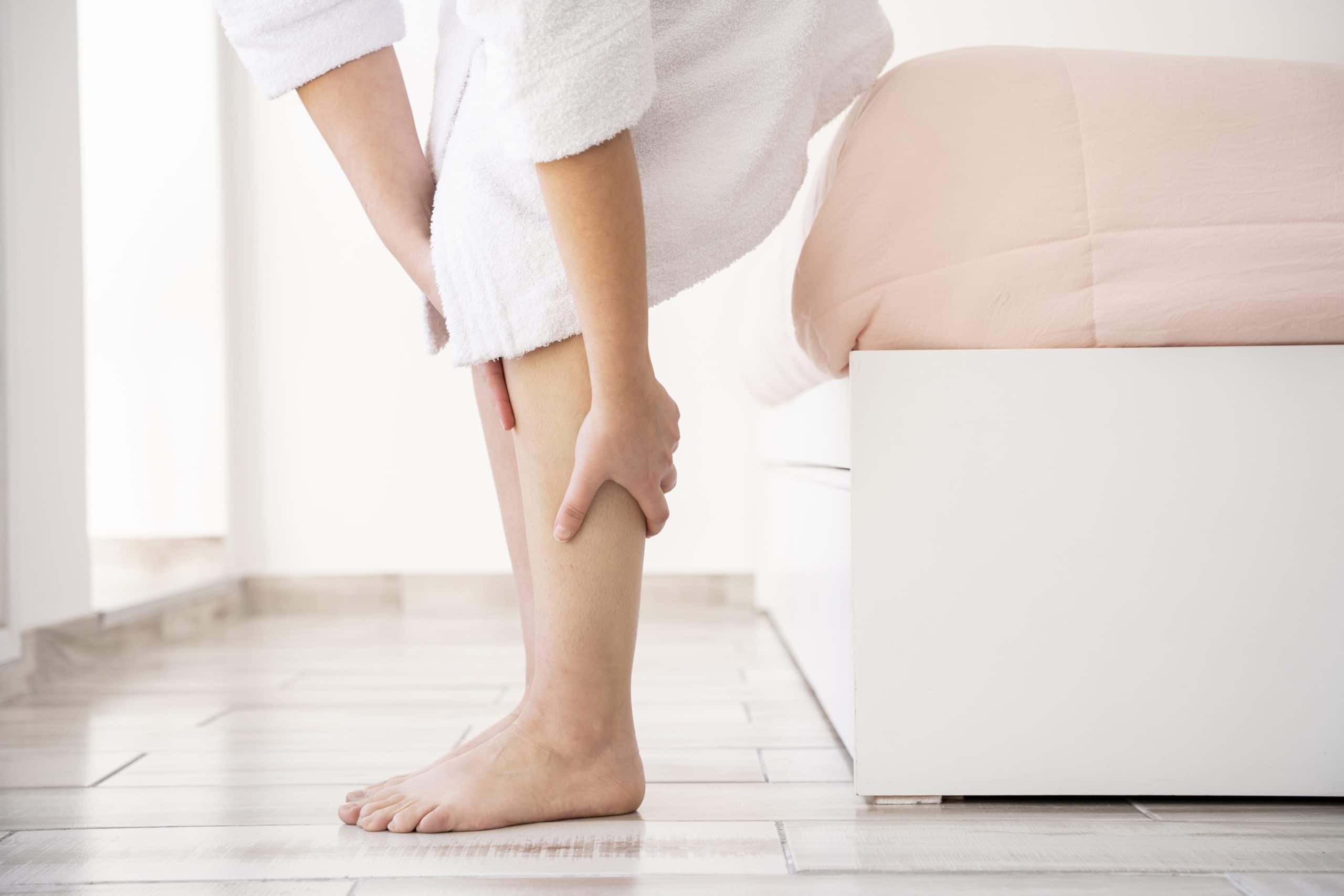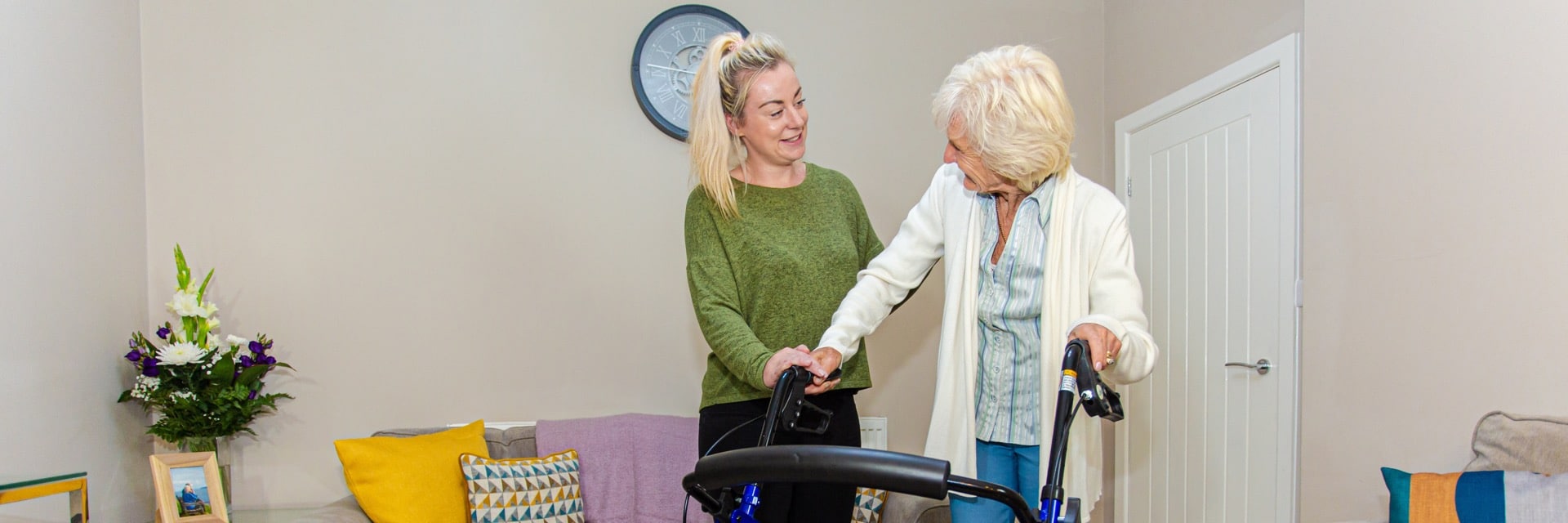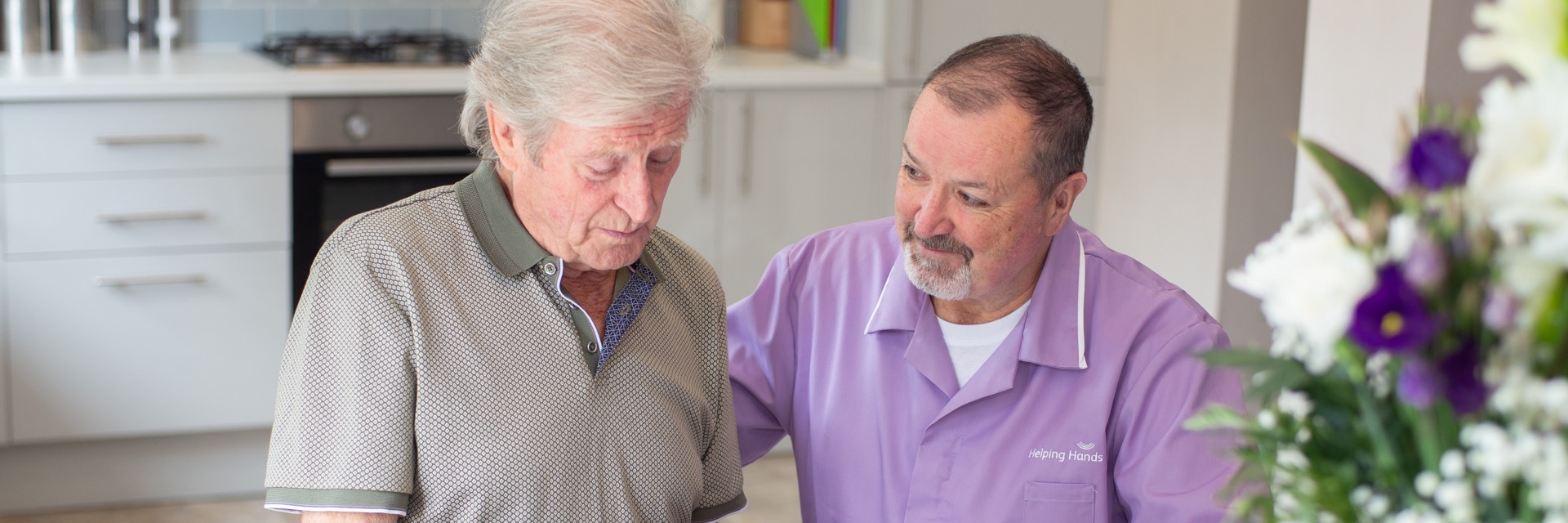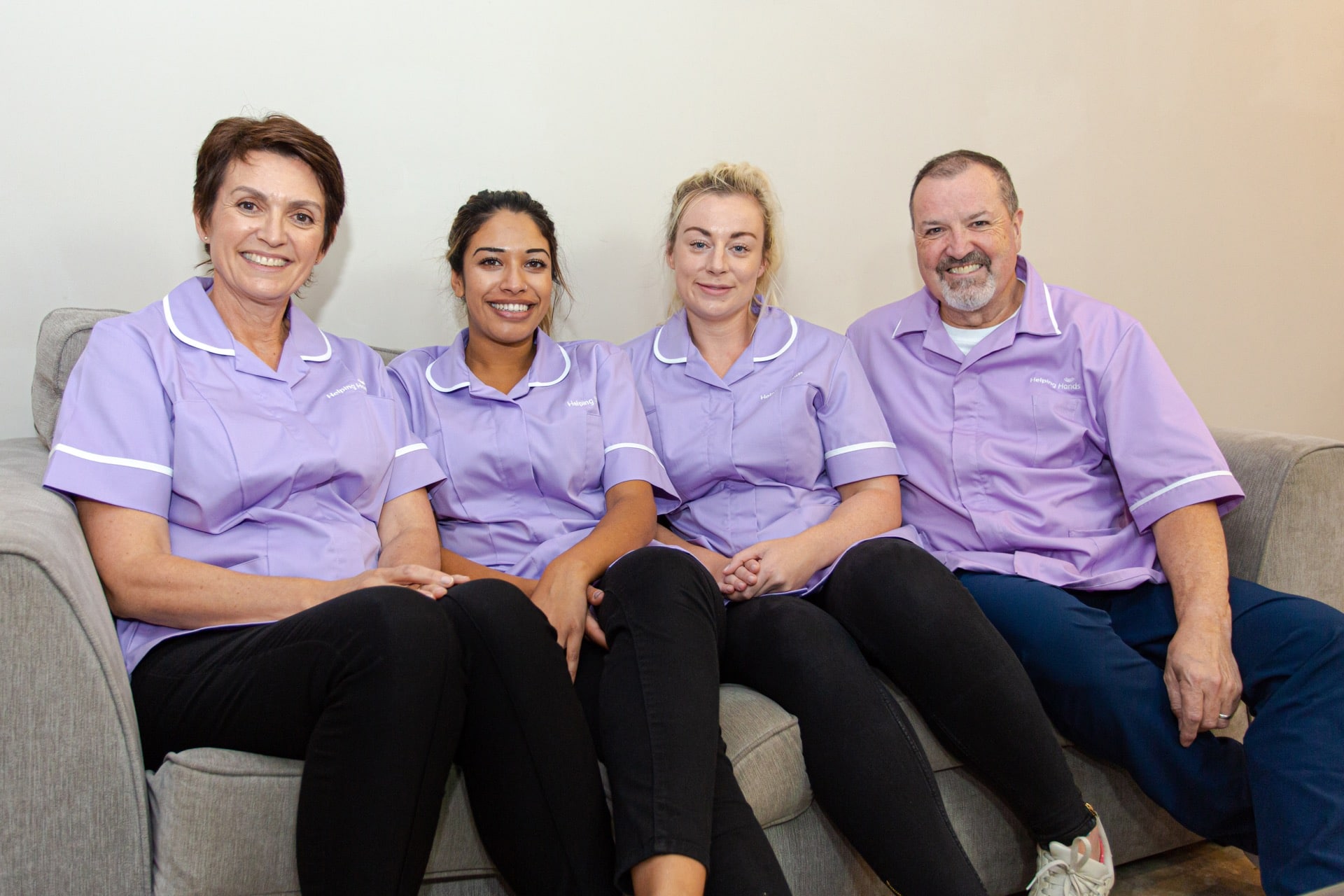What causes elderly skin bruising?

Why is bruising common in older adults?
As we age, our skin becomes thinner, which means it loses its elasticity and the protective fatty layer that helps protect blood vessels.
Hence, the reason why bruising is common in older adults. If you experience a bump or rub your skin, older individuals are more susceptible to getting a bruise and will most likely take longer to heal.
So, prevention is essential. This can be done by taking steps to avoid trips and falls. For example, ensuring your home is well-lit, free from clutter and furniture is appropriately arranged. Here’s a little more information on what you can do to help prevent and treat bruising.

What contributes to bruising in the elderly?
Many of us tend to get bruises from bumping into objects, but other factors can contribute to bruising. Here are a few that you should be aware of.
Medication
According to Healthline, “Some types of medication can interfere with your body’s ability to form clots, which can increase your risk of bruising easily.” These include steroids, ibuprofen and blood thinners such as aspirin. If you are taking medication and feel it is causing you to bruise easily, contact your doctor.
Vitamin deficiency
Bruising can be a symptom of vitamin C deficiency. Vitamin C produces collagen and without this, it can cause your blood vessels to become weak and lead to bruising. Also, a lack of vitamin K can lead to bruising easily and excess bleeding. Your doctor can refer you for a blood test to see if you have any deficiencies.
Trip hazards
Trip hazards such as as clutter on the floor and poor lighting can cause you to slip or fall, resulting in bruises. Other hazards include wooden flooring, stairways, loose carpets and rugs. So make sure hallways are clear. Plus, having handrails fitted in the bathroom and stairways can prevent you from falling.
Medical conditions
Bruising easily can be a sign of an underlying medical condition. So it is important to seek medical advice from a healthcare professional. Conditions that can cause bruising include liver disease, chronic inflammatory diseases such as lupus and some types of cancer including leukemia.
How to prevent or treat bruises?
At Helping Hands, we believe that prevention is always the best treatment. But that's not always the case. Here's a little more advice on preventing and treating bruises.

There are plenty of ways you can prevent bruises, read below to find out more.
Remove trip hazards
Get in your vitamins
Review medication
Be aware of your surroundings

Treating bruises can be painful, so take the following steps to help with the healing process.
Cold compress
Raise the bruised area
Pain relief medication
Seek medical advice
How Helping Hands can help with elderly care
At Helping Hands, we are recognised as the UK’s most widely trusted home care provider. After all, we have been providing care at home since 1989.

Our expertly trained carers deliver elderly care on a visiting care and live-in care basis. So, you can opt to have care from as little as 30 minutes a week up to 24 hours a day. They can help manage household duties, prepare tea, pick up the dry cleaning, do grocery shopping and even feed the goldfish. Our carers can also support with mobility and keep your home clutter free to prevent you from falling. Whatever you need, our carers will be able to fulfil your requirements through our person-centred care.
Plus, we are regulated and monitored by the Care Quality Commission and Care Inspectorate Wales. So you can have peace of mind knowing you’ll receive a well-led, responsive and compassionate care service you truly deserve.
Page reviewed by Carole Kerton-Church, Regional Clinical Lead , on November 21, 2023.